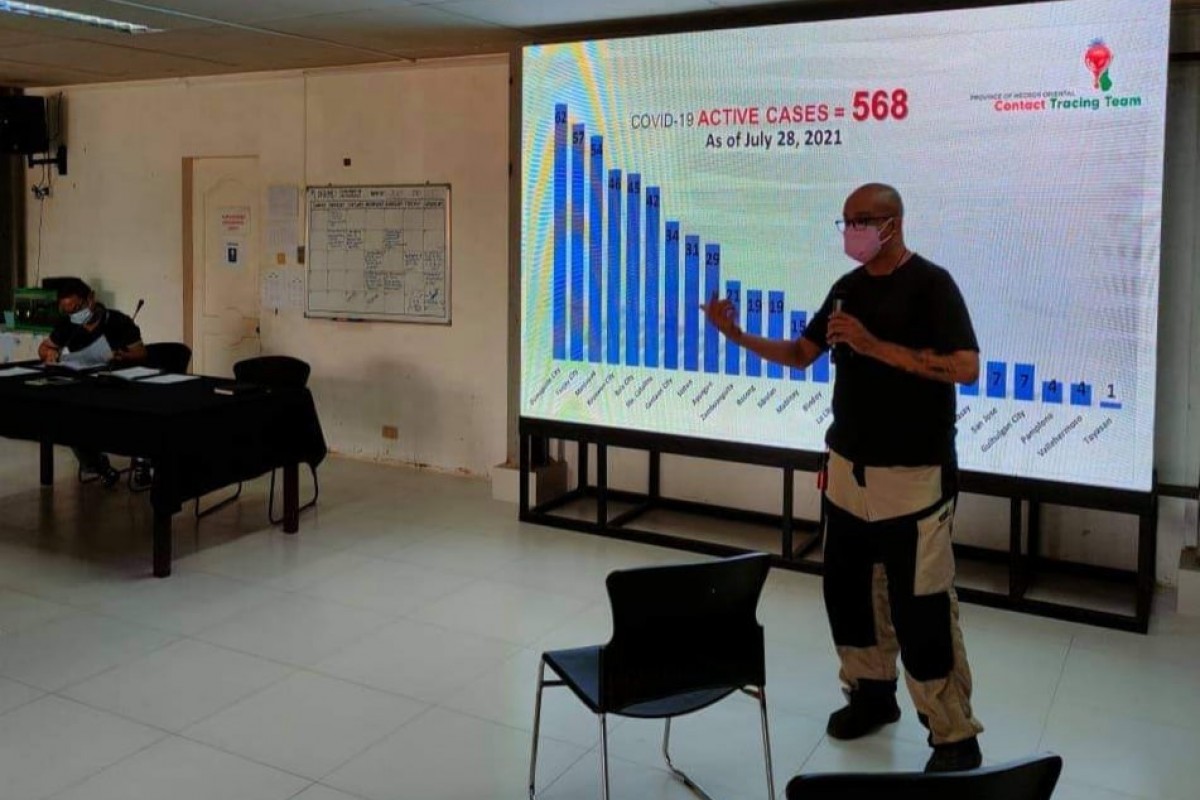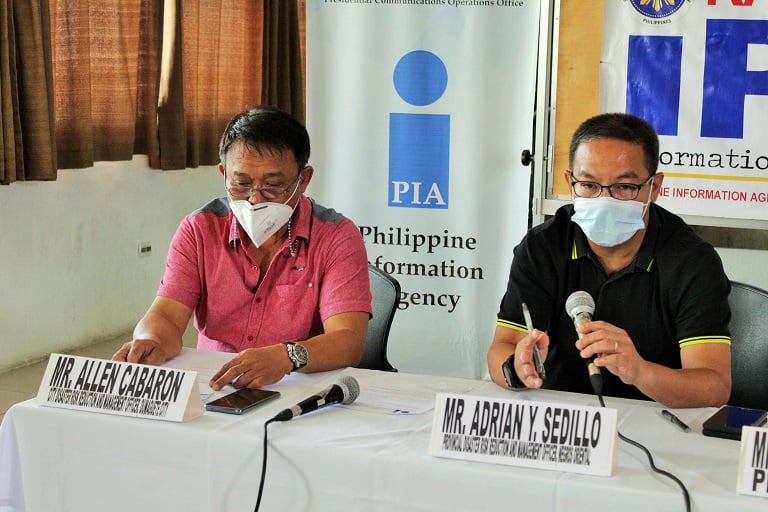DUMAGUETE CITY, Negros Oriental, Aug. 3 (PIA) -- The Provincial Inter-Agency Task Force (PIATF) against COVID-19 has passed a resolution requesting the Department of Health (DOH) to allow the province to prioritize the A4 group as among essential workers who will be the first to receive the COVID-19 vaccines.
These are the working sectors that have"high levels of interaction with exposure to the public" and are vulnerable to the risk posed by COVID-19, the task force cited.
Provincial Contract Tracer Team Leader Romualdo “Dondee” Señeres said more than 70% of COVID-19 cases came from the households or the elderly staying at home because they are exposed to family members who are working outside their residence.
“Records show that workers got home from work, and the infections started from them or they infected the seniors staying at home,” said Señeres.
The sectors that form part of the A4 priority group include the following: commuter transport; government workers in justice, security, and transport; social protection sectors; public and private wet and dry market vendors; frontline workers in grocery and supermarkets; delivery services; workers in manufacturing for food, beverage, medical, and pharmaceutical products; workers in food retail including food service delivery; frontline government workers; and workers in financial services.
Part of the A4 category are teaching and related personnel in medical and allied medical courses of higher education institutions including personnel handling laboratories; workers in hotels and accommodations; priests, pastors, and religious leaders regardless of denomination; construction workers in government infrastructure projects; security guards or personnel assigned in the establishments, offices, agencies, and organizations identified in these priority sectors; and overseas Filipino workers not classified above and are scheduled for deployment within two months.
The list has been approved by the National Inter-Agency Task Force on Emerging Infectious Disease.
In the same meeting, the PIATF observed that more A1 or health workers were infected in the first wave of the infection in December 2020.
But when the vaccinations started in April, there were fewer cases of A1 frontliners being infected with the virus during the second wave of infection.
“We credit it to the vaccines. However, data is not available yet but we will start getting the records next month for those vaccinated and unvaccinated persons who are infected with the virus," Señeres said.
The province has already administered 61,162 doses of COVID-19 vaccines to qualified residents for the first dose and 49,531 for the second dose or fully vaccinated individuals as of Aug. 2. (JCT/PIA7 Negros Oriental)




